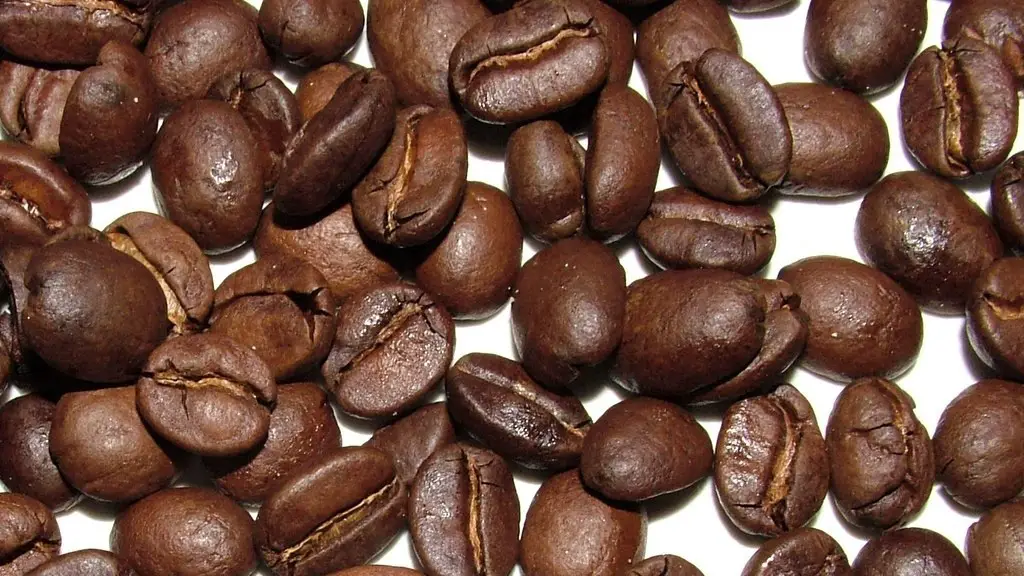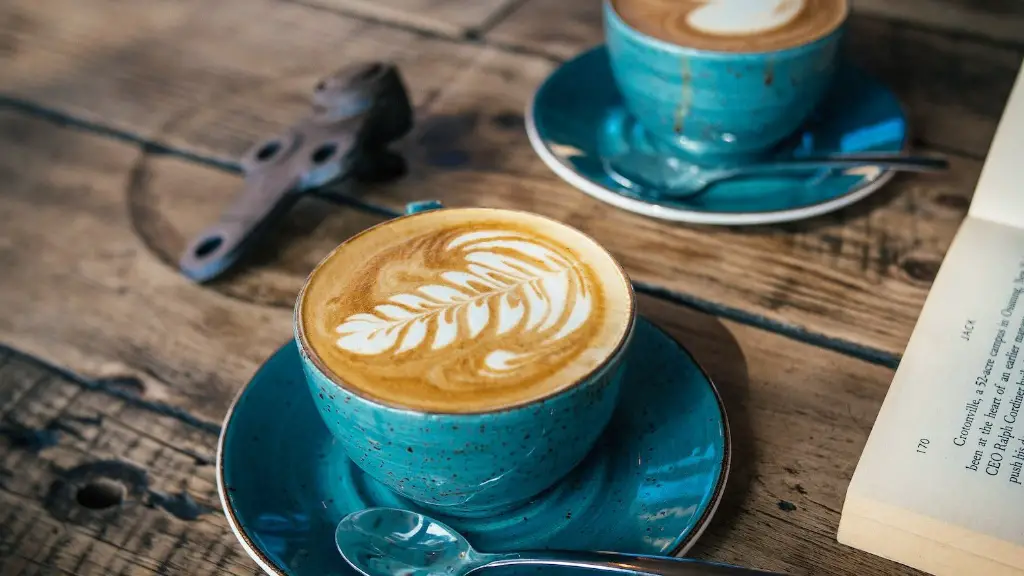When the alarm clock rings each morning, the prompt for most people is to reach for coffee to stimulate their day. Coffee contains a significant amount of caffeine, but there are many other sources of caffeine that can help kickstart your day or give an afternoon energy boost.
Caffeine is a stimulant found in tea, energy drinks, chocolate and a variety of other sources. Caffeine is a central nervous system stimulant, and many studies have concluded that it is beneficial for performance and can help reduce fatigue.
For coffee lovers looking for an alternative to caffeine, there are plenty of options. Tea is one of the most popular alternative sources of caffeine. According to a survey by the Tea Council of the USA, 85 percent of US tea drinkers are tea drinkers of all ages. Tea comes in many varieties, such as green tea, black tea, and herbal tea. Popular energy drinks such as Red Bull, Monster and five-hour energy also provide an alternative source of caffeine, but they have higher concentrations of caffeine than tea and can be high in calories and added ingredients.
Chocolate is a good alternative to coffee. Chocolate is rich in antioxidants and certain compounds, such as flavonoids, can help reduce FREE radicals and oxidative stress. But it should be noted that the amount of caffeine in chocolate is low compared to coffee or tea. So, while it can provide a mild stimulatory effect, it won’t provide the same level of stimulation as other sources.
Other sources of caffeine include dietary supplements such as guarana, yerba mate and kola nut as well as over-the-counter drugs such as NoDoz and Vivarin, which are specifically designed as a source of caffeine. It is important to note that some of these supplements and drugs contain higher amounts of caffeine than coffee, so caution should be taken when consuming them.
Caffeine can provide an energy boost, but too much can result in negative side effects including nervousness, jittery feeling, restlessness, insomnia and headaches. For this reason, it is important to monitor your caffeine consumption and consume only moderate amounts.
Sources of caffeine
For those looking to cut back on their coffee consumption or find a different source of caffeine, there are many alternatives available. Tea is one of the most popular options and can be enjoyed hot or cold. Energy drinks can provide an instant energy boost and come in many varieties, but they are often high in calories and added ingredients. Chocolate can also be a good source of caffeine, but it should be noted that the amount of caffeine in chocolate is relatively low.
Dietary supplements such as guarana, yerba mate and kola nut, as well as over-the-counter drugs such as NoDoz and Vivarin, can also provide an additional source of caffeine, but caution should be taken as these supplements and drugs can contain higher amounts than coffee.
Benefits of caffeine
Caffeine is a stimulant, meaning it can promote alertness and help reduce fatigue. Many studies have concluded that it is beneficial for performance and can help improve focus and concentration. Additionally, caffeine has been shown to increase metabolism and fat burning, which could help with weight loss.
Caffeine can also have positive psychological effects on mood and energy, as well as provide a sense of well-being and satisfaction. Some studies have even suggested that caffeine may have neuroprotective effects, which could help protect against the development of certain diseases such as Parkinson’s and Alzheimer’s.
Effects of caffeine
Although caffeine can have positive benefits, too much can lead to negative side effects. These include jitteriness, nervousness, restlessness, insomnia and headaches. Caffeine can also be addictive, so it is important to monitor your intake and consume only moderate amounts.
Additionally, caffeine can interfere with sleep and impair performance if consumed too close to bedtime. It is important to note that caffeine’s effects can vary from person to person, so it is important to find the right balance and consumption level for you. For example, some people may be sensitive to caffeine and find that even small amounts can cause negative effects.
Tips for drinking caffeine
When it comes to drinking caffeine, it is important to find the right balance. Caffeine should be consumed in moderation, and it is recommended that adults do not consume more than 400 mg of caffeine per day. This is equivalent to approximately 4 to 5 cups of coffee.
It is also important to know when to consume caffeine. Generally, it should not be consumed after 2pm to avoid interfering with sleep. Additionally, it is important to pay attention to other sources of caffeine that you may be consuming, such as energy drinks and chocolate, and take into account the amount of caffeine in each.
Alternatives to coffee
If you’re looking for an alternative to coffee that still provides a caffeine boost, there are many other sources available. Tea, energy drinks, chocolate and dietary supplements can all be good sources of caffeine. It is important to note that some of these can contain higher amounts of caffeine than coffee, so caution should be taken when consuming them.
Additionally, some over-the-counter drugs such as NoDoz and Vivarin are specifically designed to be a source of caffeine. These should be consumed with caution, as they can contain higher amounts of caffeine. Finally, it is important to consume caffeine in moderation and keep track of the amount you are consuming to avoid negative side effects.




